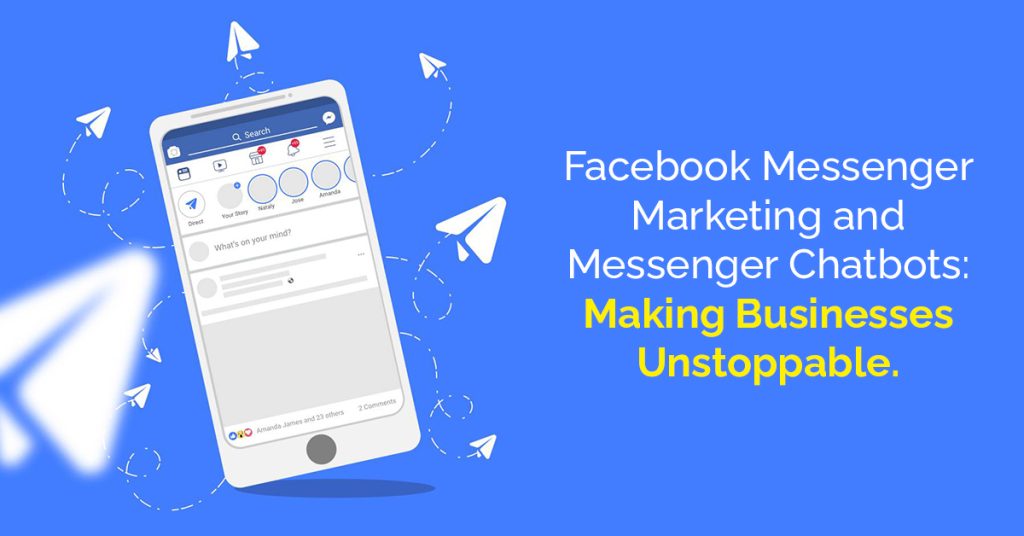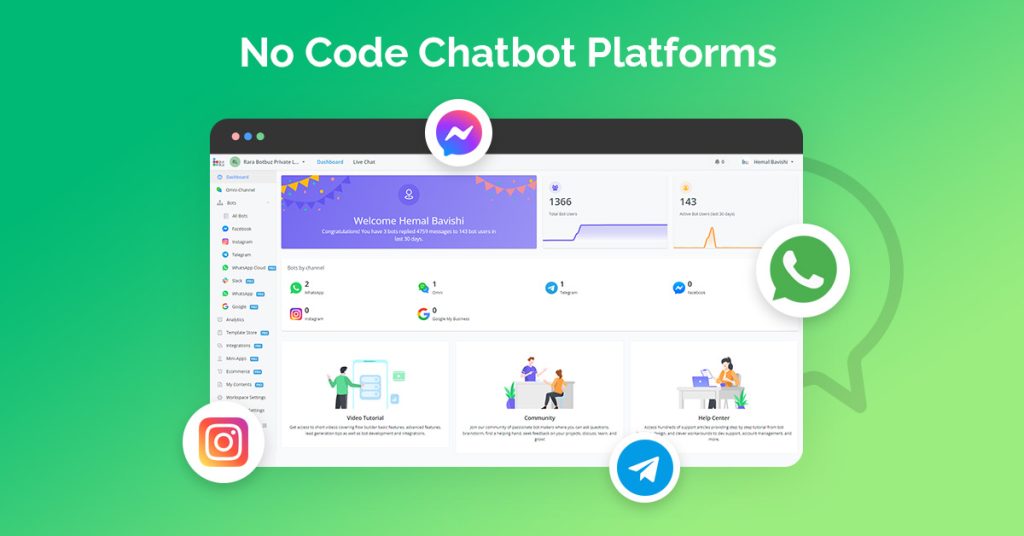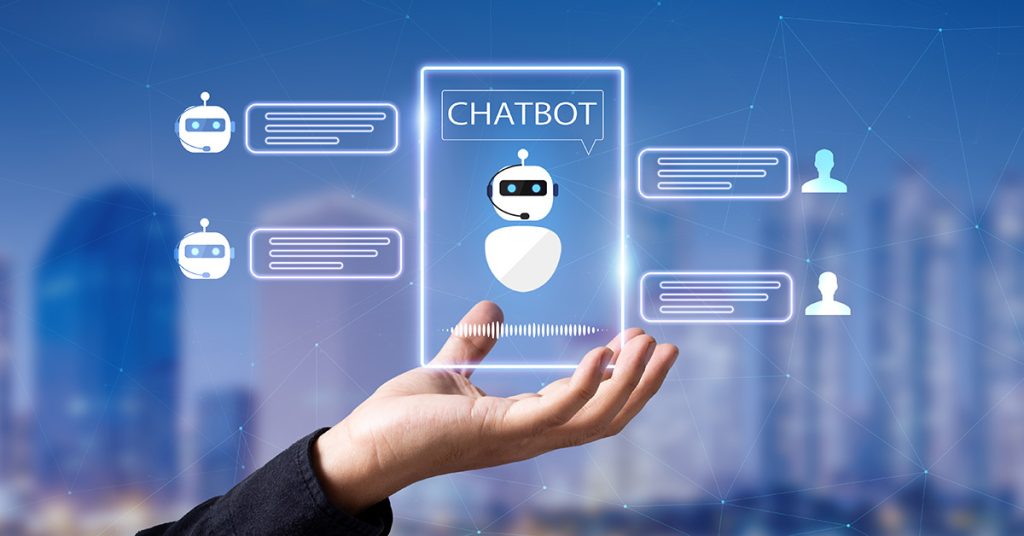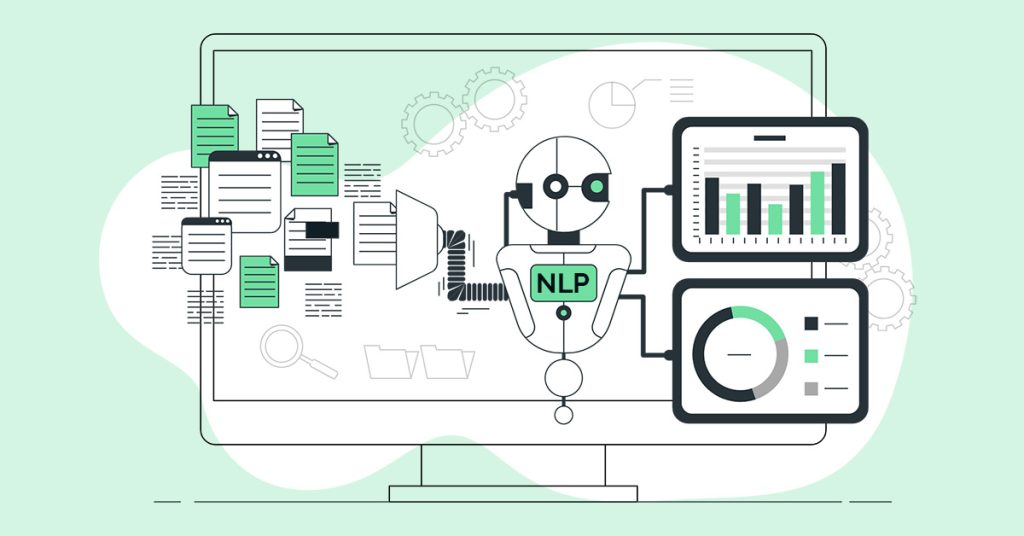Facebook Messenger marketing has evolved significantly over the years. In the early days, businesses could only use Messenger to send one message to their customers. However, in recent years, Facebook has introduced many new features. It has made Messenger a more powerful marketing tool.
One of the most significant changes was the introduction of the Messenger Platform. This platform allows businesses to build custom chatbots. It can automate tasks, answer customer questions, and provide support. Chatbots have become increasingly popular with businesses. They can help to save time & improve customer satisfaction.
Another major development was the introduction of the Messenger Business Inbox in 2017. This inbox allows businesses to manage all of their Messenger conversations in one place. This makes it easier to keep track of customer interactions. Thus, responding to messages quickly.
In recent years, Facebook has also introduced many other features. It helped to make Messenger a more effective marketing tool. These features include the ability to send automated messages based on user behavior. It also has the ability to create customer journeys & to integrate Messenger with other marketing platforms.
Why Facebook Messenger for Business?
- Facebook Messenger is a popular platform. There are over 1.3 billion active users on Messenger every month. This means that businesses have a huge potential audience to reach.
- Messenger is personal. People use Facebook Messenger to communicate with their friends and family, so they are more likely to respond to messages from businesses that feel personal and authentic.
- Messenger is convenient. People can access Facebook Messenger from their smartphones, tablets, and computers. This means that businesses can reach their customers wherever they are.
- Messenger is measurable. Businesses can track the results of their Facebook Messenger marketing campaigns to see how well they are performing.
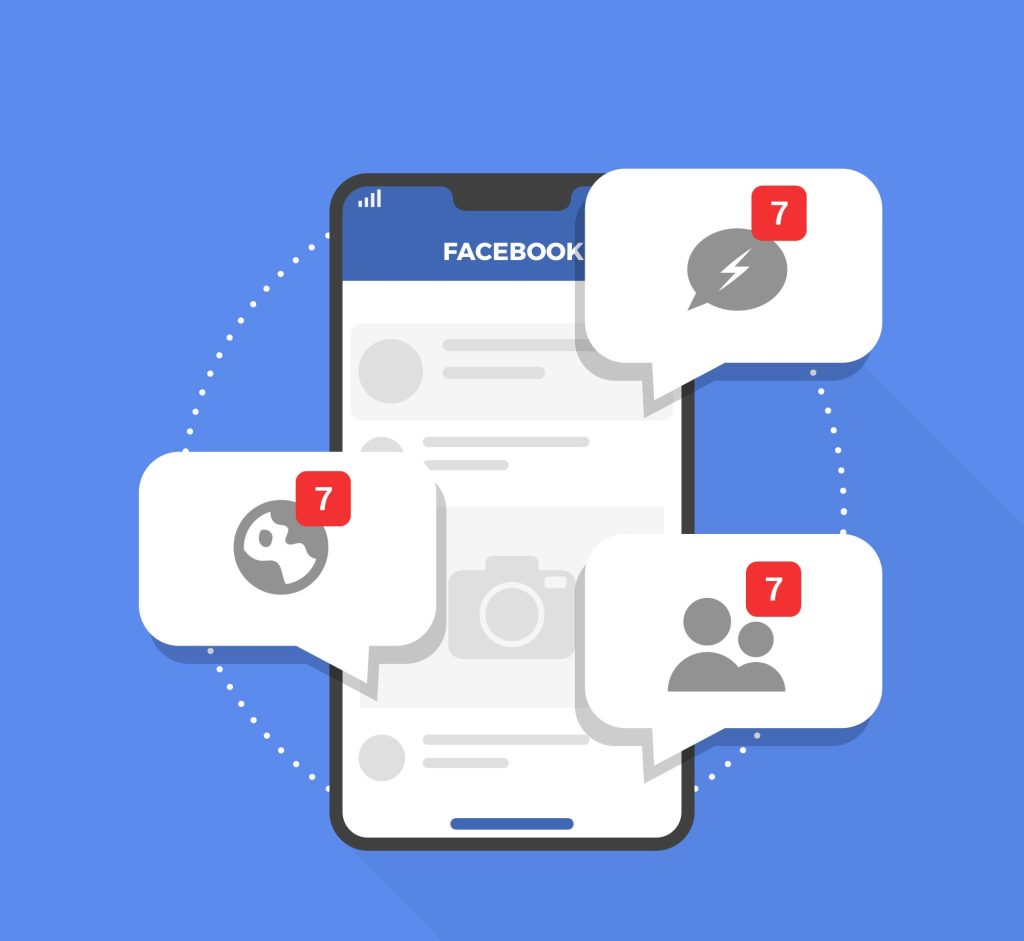
Facebook Messenger is a powerful marketing tool that can help businesses connect with their customers, build relationships, and generate leads and sales.
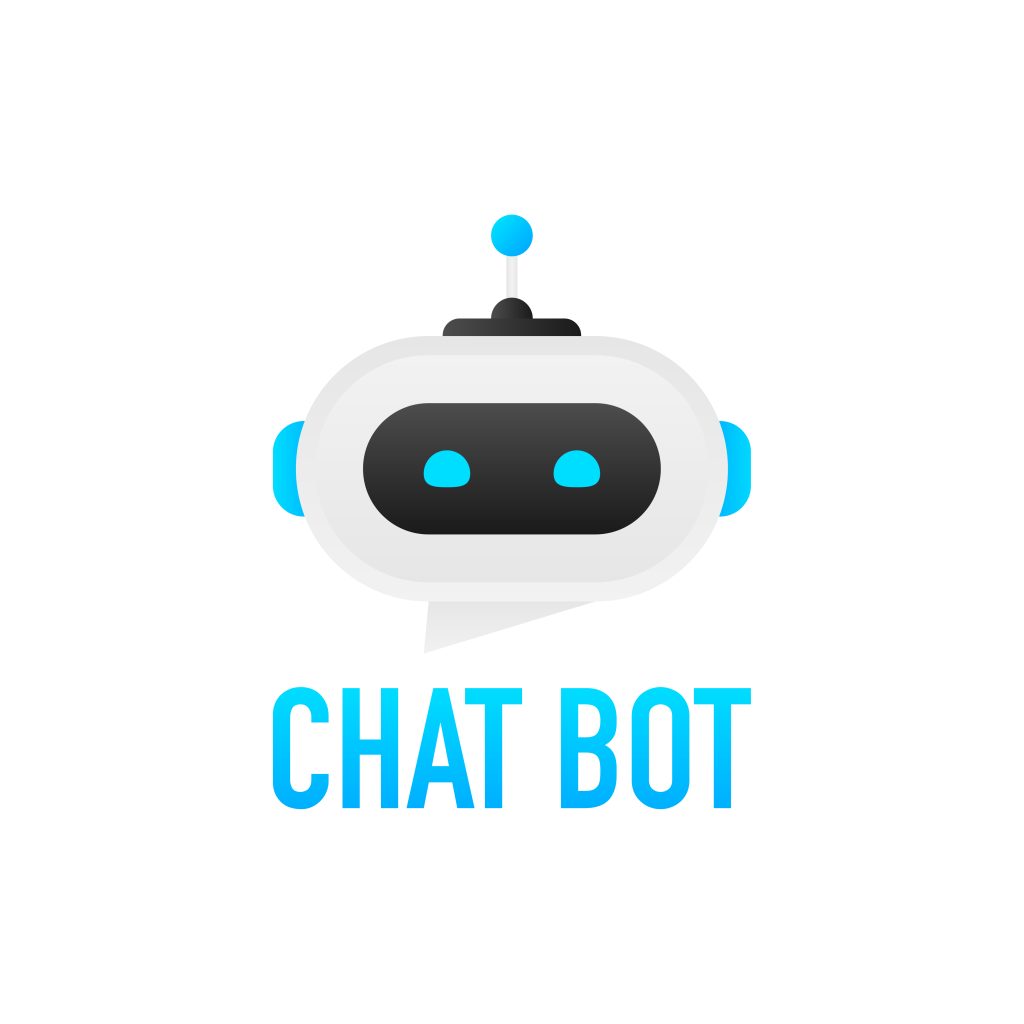
The Role of Chatbots in Facebook Messenger Marketing:
1) Enhancing Customer Engagement:
Chatbots in Facebook Messenger can help businesses to enhance customer engagement in many ways. For example, chatbots can:
- Answer customer questions 24/7, even when customer service representatives are not available.
- Provide personalized recommendations and offers based on customer interests.
- Collect customer feedback and insights.
- Engage customers in games, quizzes, and other interactive content.
Personalized Interactions:
- Chatbots can also help businesses provide personalized interactions with customers. For example, chatbots can:
- Remember customer preferences and history.
- Use natural language processing to understand customer intent.
- Tailor their responses to each individual customer.
Instant Responses:
Chatbots in Facebook Messenger can also help businesses to provide instant responses to customer inquiries. This is important because customers often expect quick & easy answers to their questions. Chatbots can help businesses meet these expectations by providing 24/7 support.
Chatbots can play a significant role in Facebook Messenger marketing. It is especially helpful in improving customer support. Here are some of the ways chatbots can help improve customer support:
24/7 availability:
Chatbots can be available 24/7 to answer customer questions and resolve issues. This is helpful for businesses that have customers all over the world or that operate during non-traditional hours.
Automated issue resolution:
Chatbots in Facebook Messenger can automate common customer issues. It helps to automate issues like password resets, account verification, and order tracking. This can free up human customer support agents to focus on more complex issues.
Personalized interactions:
Chatbots can learn about each customer’s preferences and interactions. It can help them provide more personalized support. For example, a chatbot could remember a customer’s previous purchase history and recommend products that they might be interested in.
Chatbots in Facebook Messenger can be used to drive sales and conversions in a number of ways. For example, chatbots can be used to:
- Answer customer questions about products or services
- Provide product recommendations
- Encourage customers to buy products or services
- Collect customer information for lead generation
- Track customer behavior and preferences
Seamless Shopping Experiences:
Chatbots can also be used to create seamless shopping experiences for customers. For example, chatbots can be used to:
- Help customers find products
- Checkout customers
- Track orders
- Provide customer support
Abandoned Cart Recovery
Chatbots can also be used to recover abandoned carts. For example, chatbots can be used to:
- Send reminders to customers about abandoned carts.
- Offer discounts or promotions to customers who abandon carts.
- Answer customer questions about products or services.
4) Building Brand Loyalty:
Chatbots can help businesses build brand loyalty by providing a personalized & engaging experience for customers. For example, a chatbot can answer customer questions, provide product recommendations. It can even send birthday greetings. This can help businesses to create a positive & memorable experience for their customers. Thus, leading to increased loyalty.
Proactive Notifications:
Chatbots can send proactive notifications to customers. This could include things like letting customers know about new products or services, upcoming events, or special offers. By keeping customers informed, chatbots can help businesses stay top-of-mind & encourage repeat business.
Exclusive Promotions:
Chatbots can also be used to offer exclusive promotions to customers. This could include things like discounts, free shipping, or early access to new products. By offering exclusive promotions, chatbots can help businesses attract and retain customers.
Best Practices for Facebook Messenger Chatbot Marketing:
1) Ensuring Compliance with Policies:
When using chatbots for Facebook Messenger marketing, it is important to ensure that you are complying with all applicable policies, such as the Facebook Messenger Platform Policy and the Facebook Advertising Policies. These policies outline the rules and regulations that businesses must follow when using Messenger for marketing purposes.
Some key things to keep in mind include:
- Getting user consent before sending messages.
- Using clear and concise language in your messages
- Avoiding spam and misleading messages.
- Not collecting or using personal information without permission.
Privacy and Data Security
When using chatbots for Facebook Messenger marketing, it is important to protect the privacy and data security of your users. This means taking steps to safeguard their personal information, such as their name, email address, and phone number. It also means using secure methods to store and transmit their data.
Protecting the privacy and data security of your users:
- Use strong passwords and encryption.
- Keep your chatbot’s code secure.
- Only collect the data you need and delete it when you no longer need it.
- Be transparent about how you use data.
- Give users the ability to control their data.
Message Tagging:
Message tagging is the practice of adding metadata to messages. It helps you track and manage them. This can be helpful for things like measuring the performance of your chatbot marketing campaigns & identifying spam. It also helps to comply with regulations.
Here are some specific things you can do with message tagging:
- Track the performance of your chatbot marketing campaigns by tagging messages with keywords related to your goals.
- Identify spam by tagging messages that are likely to be unsolicited or irrelevant.
- Comply with regulations by tagging messages that contain sensitive information.
For example, you could tag all messages that contain promotional offers with the keyword “promotion”. This would allow you to track the performance of your promotional campaigns and identify which ones are most effective.
2) Crafting Engaging Content:
- Use clear and concise language. People are more likely to read and understand content that is written in clear and concise language. Avoid using jargon or technical terms that your audience may not understand.
- Use personal pronouns. Using personal pronouns like “you” and “your” helps to make your content more engaging and personal. It shows that you are talking to the reader directly.
- Use humor and personality. A little bit of humor and personality can go a long way in making your content more engaging. However, be sure to use humor that is appropriate for your audience.
- Use images and videos. Images and videos can help to break up your text and make your content more visually appealing. They can also help to convey information more quickly and easily.
- Use quick replies and buttons. Quick replies and buttons make it easy for users to interact with your content. They can be used to ask questions, make a purchase, or get more information.
3) Personalizing User Experiences:
The goal of any chatbot marketing campaign should be to provide a personalized and engaging experience for users. This means understanding the user’s needs and interests, and tailoring the chatbot’s responses accordingly.
There are a number of ways to personalize user experiences with chatbots. Here are a few examples:
Use user data: Chatbots can be used to collect data about users, such as their demographics, interests, and purchase history. This data can then be used to personalize the chatbot’s responses.
Use natural language processing: Natural language processing (NLP) can be used to understand the user’s intent and provide relevant responses. For example, if a user asks “What are your hours of operation?”, the chatbot can use NLP to understand that the user is looking for information about the business’s hours of operation.
Use chatbot triggers: Chatbots can be triggered by certain events, such as a user visiting a website or making a purchase. This can be used to send the user personalized messages or offers.
Utilizing User Data
In addition to personalizing user experiences, chatbots can also be used to collect and utilize user data. This data can be used to improve the chatbot’s performance, target marketing campaigns, and better understand customer needs.
Here are a few ways to utilize user data with chatbots:
Track user engagement: Chatbots can be used to track user engagement, such as how often users interact with the chatbot and what questions they ask. This data can be used to improve the chatbot’s responses and make it more engaging for users.
Target marketing campaigns: Chatbots can be used to target marketing campaigns to specific groups of users. For example, a business could use a chatbot to send promotional messages to users who have recently visited their website.
Understand customer needs: Chatbots can be used to collect data about customer needs and preferences. This data can be used to improve products and services, develop new marketing campaigns, and better understand the customer journey.
Generating Dynamic Content:
Chatbots can be used to generate dynamic content, such as personalized product recommendations or customized coupons. This can help businesses provide a more relevant and engaging experience for users.
Here are a few ways to generate dynamic content with chatbots:
Use user data: Chatbots can use user data, such as demographics and interests, to generate dynamic content. For example, a chatbot could use a user’s age and gender to recommend products that are relevant to them.
Use real-time data: Chatbots can also use real-time data, such as current weather conditions or product availability, to generate dynamic content. For example, a chatbot could use the current weather conditions to recommend products that are suitable for the weather.
Use chatbot triggers: Chatbots can be triggered by certain events, such as a user making a purchase or visiting a website. This can be used to send the user personalized messages or offers.
Botbuz is a Facebook Messenger chatbot builder . It allows businesses to create & manage chatbots for marketing purposes. It offers a drag-and-drop interface. It makes it easy to create chatbots, and it also provides a variety of features. Businesses can use it to personalize their chatbots and track their performance.
Features that Botbuz offers for Facebook Messenger Business Marketing:
Drag-and-drop interface: Botbuz’s drag-and-drop interface makes it easy to create chatbots without any coding experience.
Pre-built templates: Botbuz offers a variety of pre-built templates that businesses can use to create their chatbots.
Customization: Businesses can customize their chatbots to match their brand and their specific marketing needs.
Triggered messages: Businesses can use triggered messages to send messages to users based on certain events, such as a user visiting their website or making a purchase.
Analytics: Botbuz provides analytics that businesses can use to track the performance of their chatbots and measure their results.
Ways that businesses can use Botbuz for Facebook Messenger Business Marketing:
Answer customer questions: Botbuz can be used to answer customer questions about products, services, or policies.
Provide customer support: Botbuz can be used to provide customer support for issues such as refunds, returns, or technical problems.
Collect leads: Botbuz can be used to collect leads by asking users for their contact information or other relevant data.
Send promotional messages: Botbuz can send promotional messages to users, such as discounts, coupons, or special offers.
Run marketing campaigns: Botbuz can be used to run marketing campaigns, such as surveys, polls, or contests.
Botbuz is a powerful tool. Businesses can use it to create and manage chatbots for marketing purposes. It offers a variety of features that businesses can use to personalize their chatbots and track their performance. Thus, making it a valuable tool for businesses of all sizes.
Facebook Messenger is a powerful platform. Businesses can use it to connect with customers, build relationships & generate leads and sales. Chatbots are a type of software that can automate tasks and interact with customers in a natural way. Botbuz is a chatbot builder that allows businesses to create & manage chatbots for marketing purposes.
